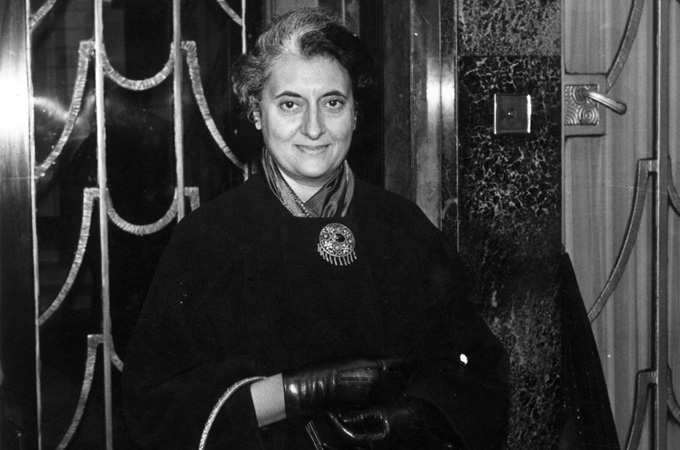How the war on terror is a war of terror
http://www.aljazeera.com/indepth/opinion/2012/09/201294115140782135.html

In 'Great Betrayal', Kavita Narawane - a partisan of the right-wing RSS - dubbed the Constitutional clause which Indira Gandhi used to declare emergency as "totalitarian" [GALLO/GETTY]
As we approach twelfth year of the West-led war on terror (WOT), it is time to ask: what terrorism is. The more we watch and read about terrorism the less we understand it. The mediatised discourses on terrorism often mystify the phenomenon and politics of terrorism. This article critiques the dominant consensus on terrorism and WOT to pose some unpalatable questions essential for a fair debate. I make three arguments.
First, the near consensus that terrorism is an act of violence by non-state actors to enact political change through fear is not only dubious and historically untenable it is also unethical as it unqualifyingly legitimises the state violence/terrorism which is responsible for killing far more number of people than those killed by terrorists.
Second, I argue that we begin writing about the terror of counter-terrorists. It is my contention that counter-terrorists too practice terror. In fact, their terror is deadlier because of their assumed legitimacy, gigantic infrastructure, lethal weapons and sheer reach state terror has. To this end, I discuss "symbolic terror" of the term "new terrorism". In defining contemporary terrorism as distinctly religious, Islamic (often implicit than explicit), the so-called security experts and terrorism scholars perpetuate symbolic terror against Islam.
Third, dismissing the doxa that terrorism emanates from a flawed personality or an allegedly violent religion, Islam - the 21st century discussion on terrorism is ultimately about Islam - I argue that violence terrorists resort to, in key ways, simply reflects the terror-ridden, national, global polity we inhabit. An antidote to terrorism is not, as counter-terrorism pundits preach, tightening of "homeland security" and unethical aggrandisement of "national interests" but shaping a humane world with human(e) interests.
